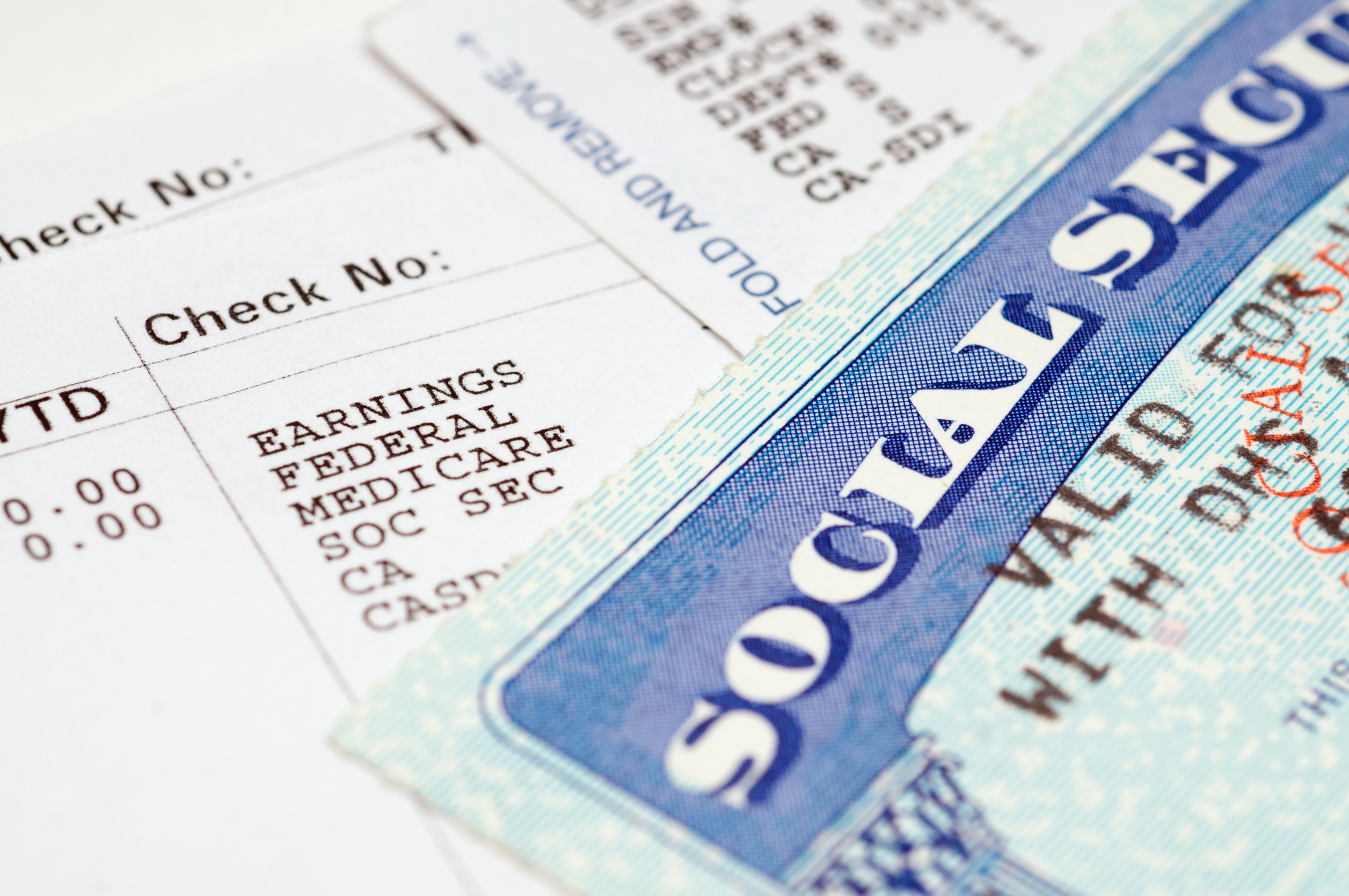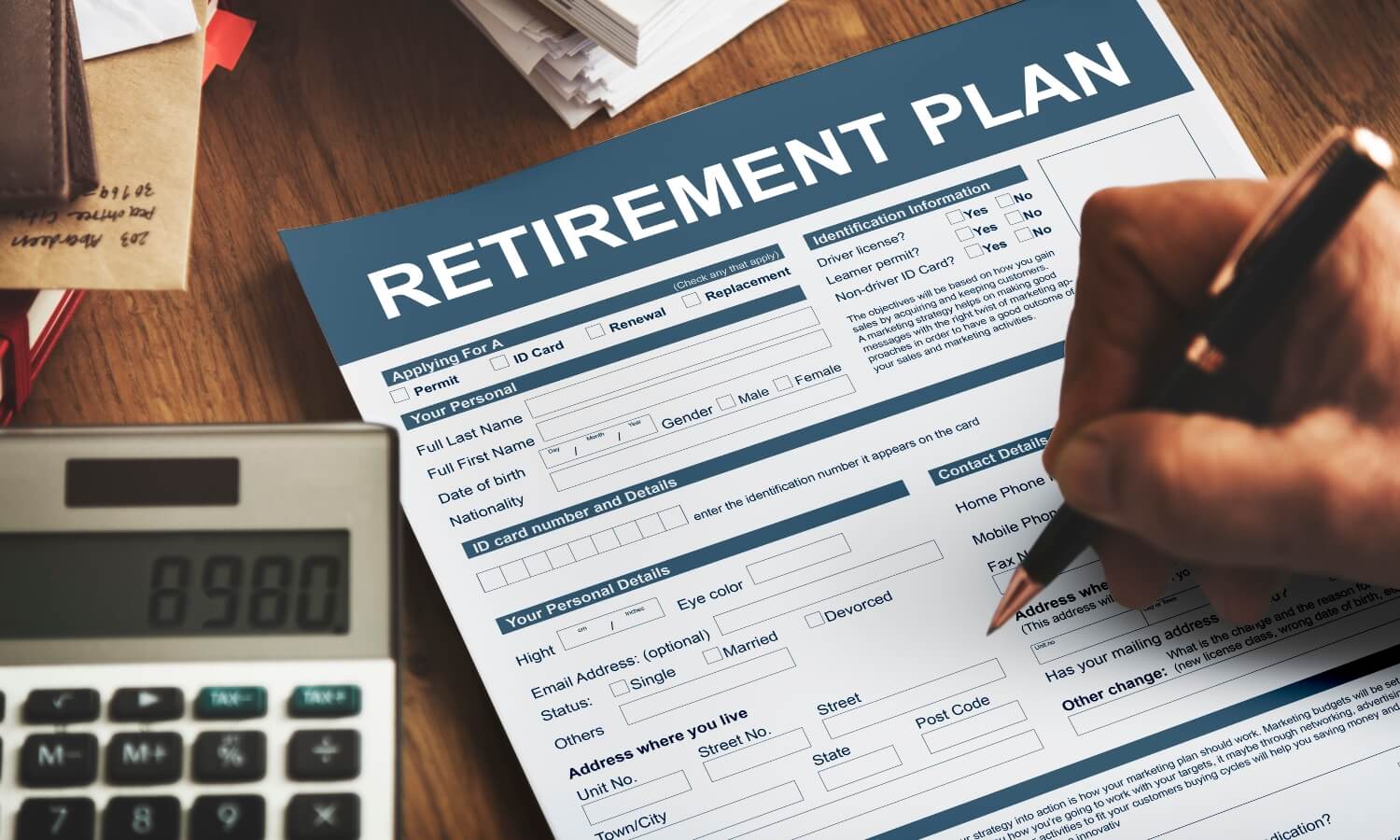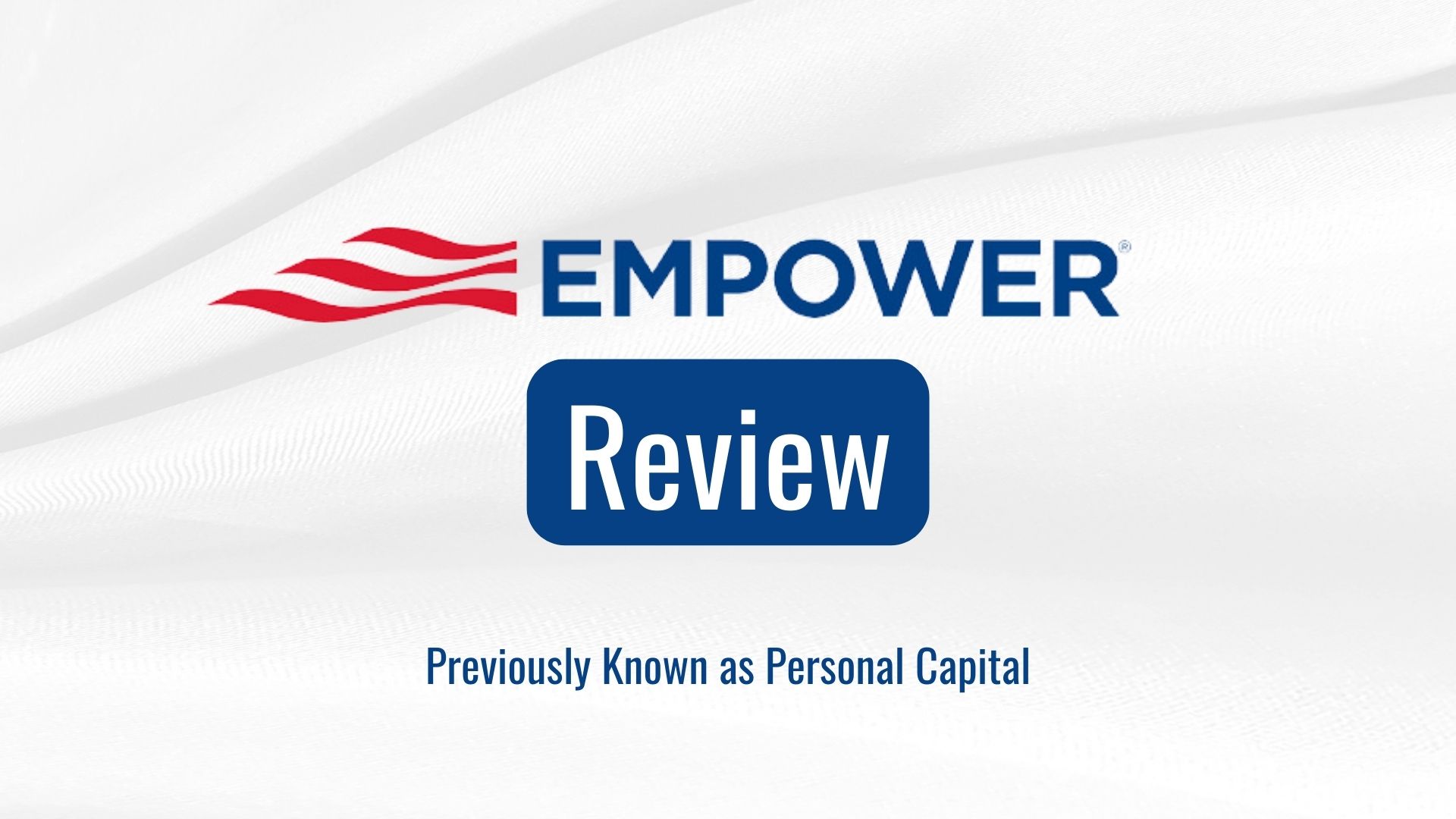If you’re like most Americans, you’ve spent decades working, contributing to Social Security with every paycheck, and trusting that one day those contributions would come back to support you. But when the time arrives and that first benefit check shows up, many are shocked at how little it actually is. The difference between what people expect and what they receive can be hundreds or even thousands of dollars per year.
This isn’t always due to poor planning. Often, it’s because the system is filled with complicated rules, fine-print clauses, and lesser-known factors that reduce your payout. These aren’t errors. They’re structural flaws that lawmakers and Social Security administrators rarely bring up unless you know to ask. Here are 11 reasons why your benefit may be less than it should be and what you can do to protect your future income.
1. You Claimed Benefits Too Early
The biggest and most common reason for a reduced benefit is claiming too early. While you can start collecting Social Security at 62, doing so comes at a steep cost. Your monthly payout is permanently reduced compared to what you’d receive if you waited until full retirement age, which for most people is between 66 and 67. Many people claim early out of necessity or fear the program will run out of money.
However, waiting just a few more years can increase your monthly benefit by hundreds of dollars. For example, delaying until age 70 earns you delayed retirement credits, which raise your payout significantly. Unfortunately, many retirees are never told just how much money they’re leaving on the table by claiming early, until it’s too late to change it.
2. Your Earnings Record Has Gaps
Social Security calculates your benefit based on your highest 35 years of earnings. If you took time off to raise children, care for a loved one, go back to school, or simply had years of low income, those “zero” or low-earning years pull down your average. And that means a lower monthly payout.
Even a few missing years can have a major impact. The Social Security Administration (SSA) doesn’t go out of its way to alert you if your record is incomplete. It’s up to you to monitor it. That’s why reviewing your earnings record annually via your SSA account is crucial. Fixing errors or making up for missing years (when possible) could mean the difference between scraping by and retiring comfortably.
3. You Were Penalized by the Windfall Elimination Provision
If you worked in a job that didn’t pay into Social Security, like certain government or public sector roles, but also earned Social Security credits from other work, you could be hit with the Windfall Elimination Provision (WEP). This rule reduces your benefits, often significantly, to offset what the SSA sees as “double-dipping” between public pensions and Social Security.
WEP isn’t widely discussed during your working years. Many people only find out about it when they apply for benefits and discover their check is hundreds of dollars less than expected. It’s a frustrating surprise, especially for those who assumed their multiple careers would benefit them, not penalize them.
4. You’re Affected by the Government Pension Offset
Similar to WEP, the Government Pension Offset (GPO) affects your spousal or survivor Social Security benefits if you receive a government pension from non-covered employment. This can drastically reduce or even eliminate benefits you thought you were entitled to through a spouse. Many retirees don’t learn about the GPO until they file and receive a rude awakening.
The reasoning behind this rule is complex, but the result is simple: some retirees who spent decades in public service end up with far less than they planned for. Unlike WEP, which affects your own benefit, GPO affects what you receive as a dependent. If your retirement planning relies heavily on spousal benefits, GPO can be a devastating hit.
5. You Didn’t Work Long Enough
To qualify for Social Security at all, you need at least 40 work credits, roughly equivalent to 10 years of covered work. But just barely qualifying doesn’t mean you’ll receive a large benefit. If your working years were short or spread out over part-time jobs, your final monthly check will reflect that.
The system is designed to reward long, consistent earning histories. People who take extended breaks, especially women who pause their careers for caregiving, are disproportionately affected. Retirement planning should consider not just how much you earn but for how long you earn it consistently.

6. You Were Hit by Income-Related Benefit Reductions
While Social Security isn’t “means-tested” in the traditional sense, your benefits can be subject to taxation if your combined income (including Social Security, investments, and other sources) is above certain thresholds. This effectively reduces your net benefit.
Up to 85% of your benefit can be taxed, depending on your income level. What’s worse, those income brackets haven’t been adjusted for inflation in decades. That means more retirees are being taxed on their Social Security every year, even those who aren’t wealthy. This quiet reduction often blindsides people who thought Social Security would be tax-free.
7. You Had High-Income Years Late in Life (But Not Early Enough)
Because Social Security averages your top 35 years, those final high-earning years in your 50s and 60s might not carry as much weight as you’d think. If your earlier years were spent in low-wage jobs, those earnings dilute the impact of your later success.
Many professionals see income spikes in their 40s and 50s, but are disappointed to learn that their benefits don’t increase proportionally. This is because those higher earnings might only replace a few low-earning years in the 35-year formula. Without early consistency, your late-career surge won’t fully boost your benefit.
8. You Divorced After Less Than 10 Years
You can claim spousal benefits on a former spouse’s Social Security record, but only if the marriage lasted at least 10 years. Many people don’t realize this, especially if they divorced just short of that milestone. Even a nine-year-and-eleven-month marriage leaves you ineligible.
This rule has left many older women, in particular, with a major loss in retirement income. If you were financially dependent on your spouse during the marriage, missing the 10-year cutoff means missing out on potentially thousands of dollars per year.
9. You’re Living Longer Than the System Expected
This one’s ironic: the longer you live, the more of your benefit you receive over time, but if you claimed early, that reduced amount has to stretch even further. Social Security was designed when the average life expectancy was far shorter. Now that people routinely live into their 80s and 90s, reduced early benefits don’t keep pace with longevity.
It’s a longevity trap—living longer than expected means higher out-of-pocket costs for housing, healthcare, and basic living expenses, all while locked into a permanently reduced benefit. And unfortunately, most people claim early without fully understanding how long they might need that money to last.
10. You Didn’t Coordinate with Your Spouse
Married couples have several claiming strategies that can maximize their combined benefits, but many fail to use them. Without proper planning, one spouse may claim early and reduce not only their benefit but also any survivor benefits their partner may depend on later.
In situations where one spouse dies first, the survivor inherits the larger of the two benefit amounts. If that amount was reduced due to early claiming, the survivor inherits a smaller check. Strategic coordination can make a massive difference in how much income remains in a household over time, but many couples never discuss it until it’s too late.
11. You Never Checked Your Social Security Statement
This one sounds too simple, but it’s a major reason benefits are lower than expected. The Social Security Administration relies on accurate income reporting from your employers, and mistakes do happen. If your income wasn’t correctly reported, your benefit will be wrong, and you might never know it.
Every worker should check their SSA earnings statement annually. These errors are much easier to fix when caught early. Waiting until you file could mean delays, disputes, and lower checks that you might not be able to correct in time. A few minutes of checking your record can prevent years of lost income.
Small Choices, Big Consequences
Social Security is one of the most important income sources for retirees, but it’s far more fragile and complicated than most people realize. These 11 hidden reasons behind reduced checks reveal just how easy it is to get less than you deserve. From timing your claim to monitoring your earnings record, every detail matters.
And here’s the truth: the system won’t stop you from making these mistakes. It just quietly accepts your decision and adjusts your benefit accordingly.
Have you discovered any of these Social Security surprises the hard way? What would you tell someone about to retire?
Read More:
Why Your Social Security Payment Might Be Lower This Month
12 Social Security Questions You Should Ask—But Don’t
Riley is an Arizona native with over nine years of writing experience. From personal finance to travel to digital marketing to pop culture, she’s written about everything under the sun. When she’s not writing, she’s spending her time outside, reading, or cuddling with her two corgis.



























